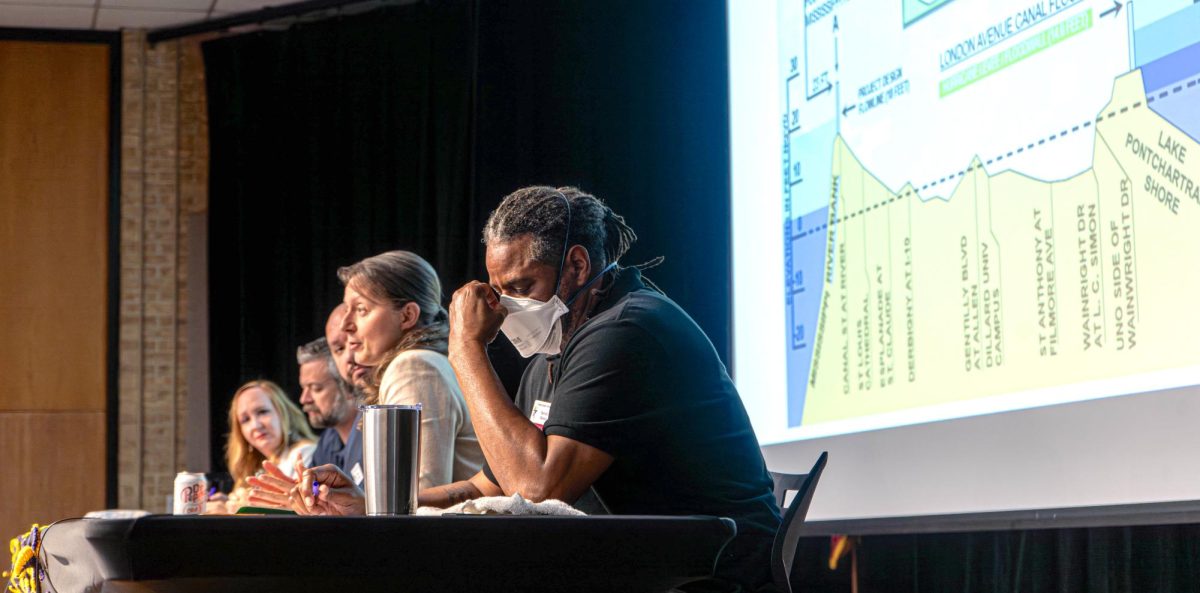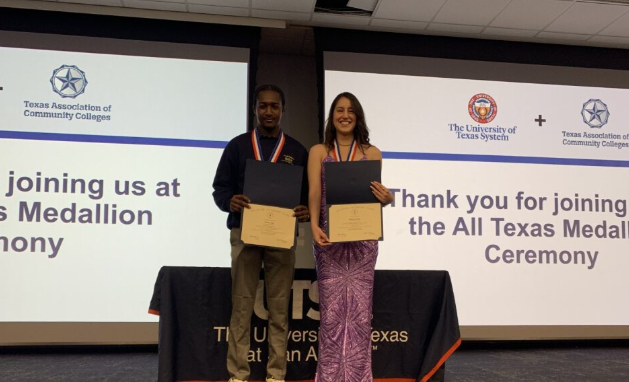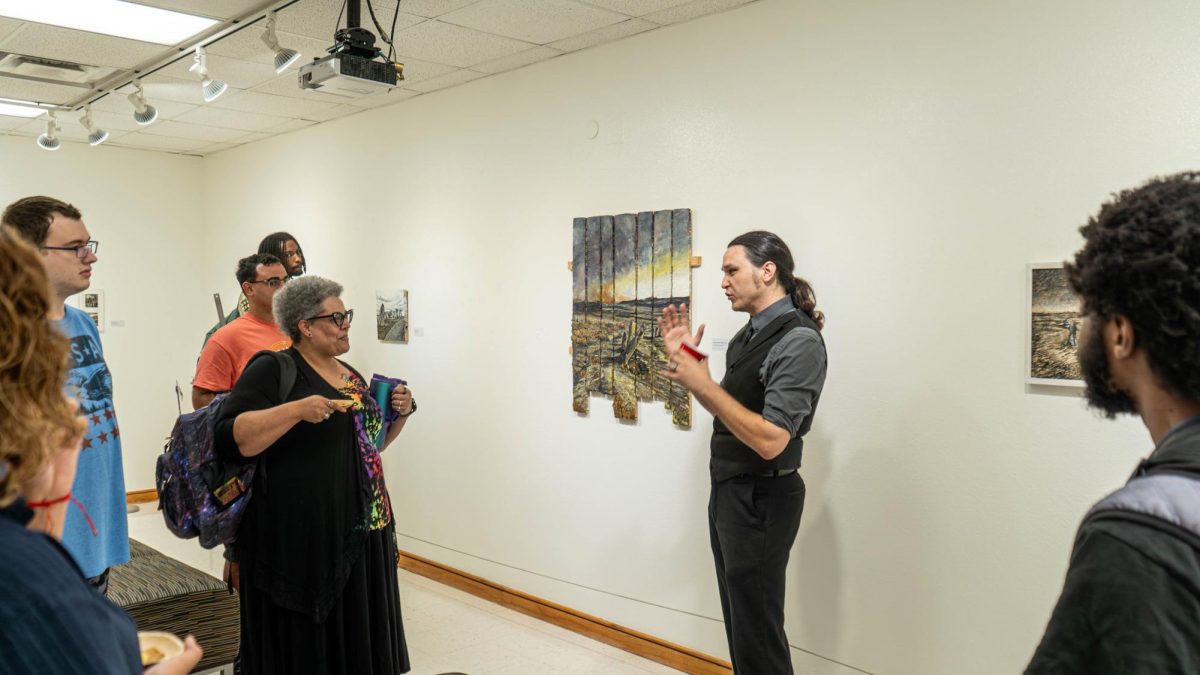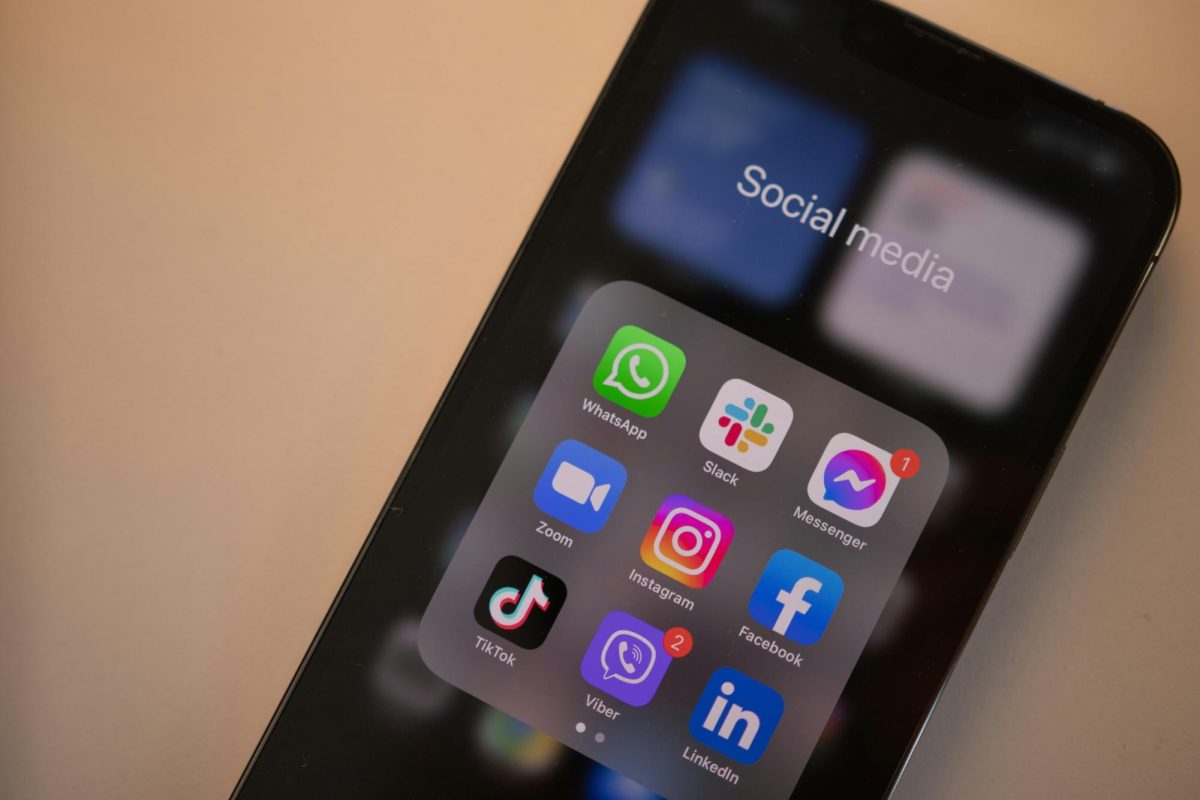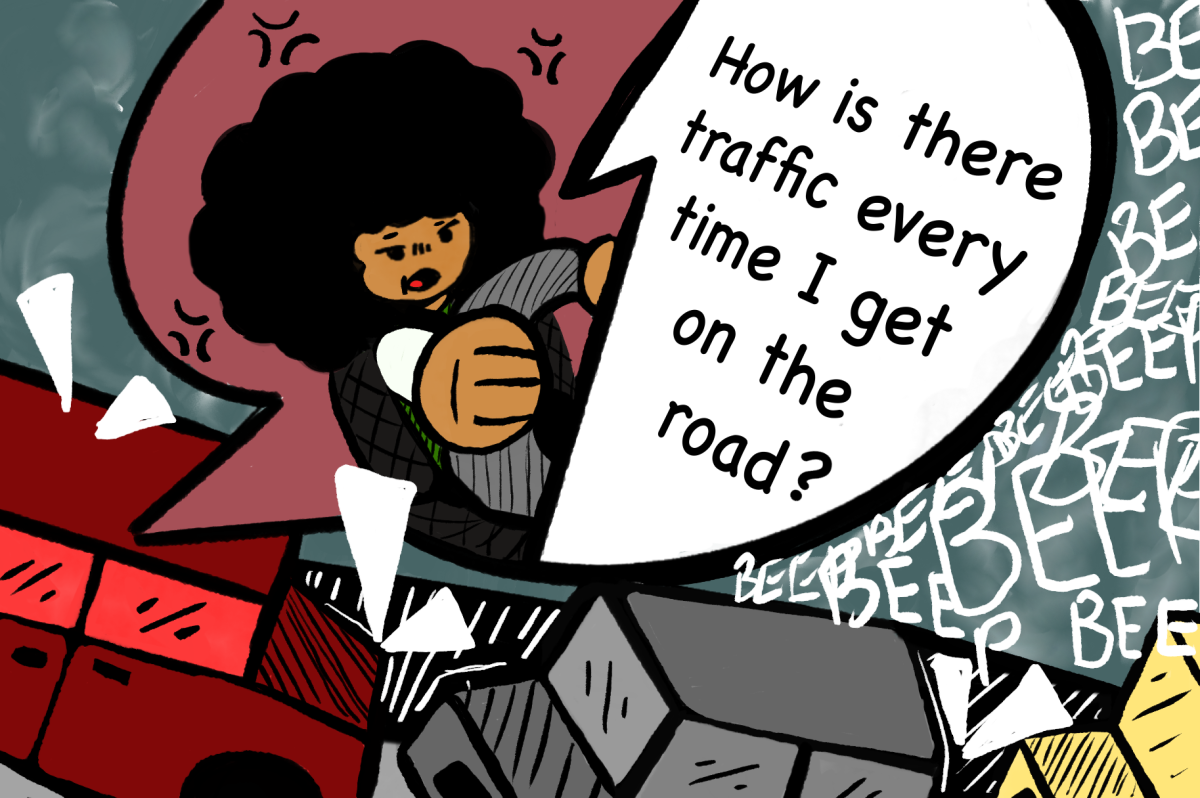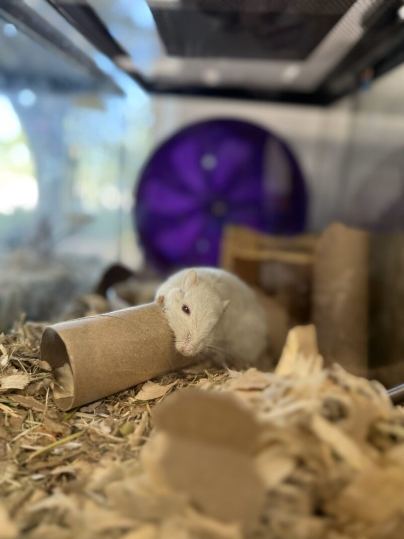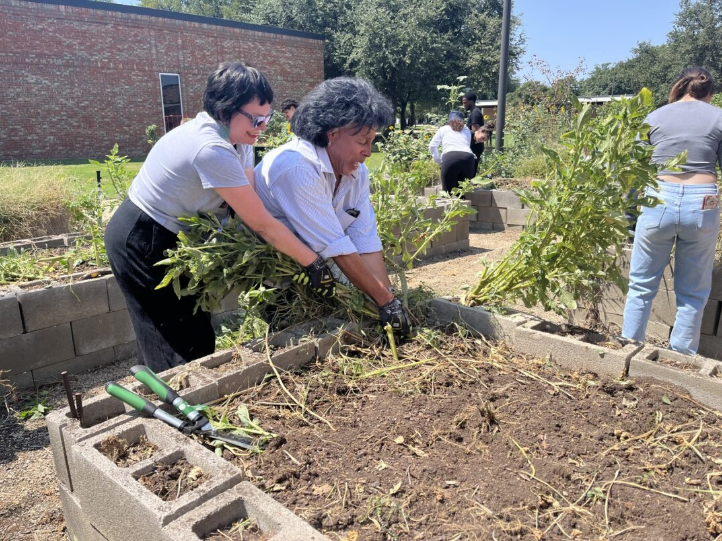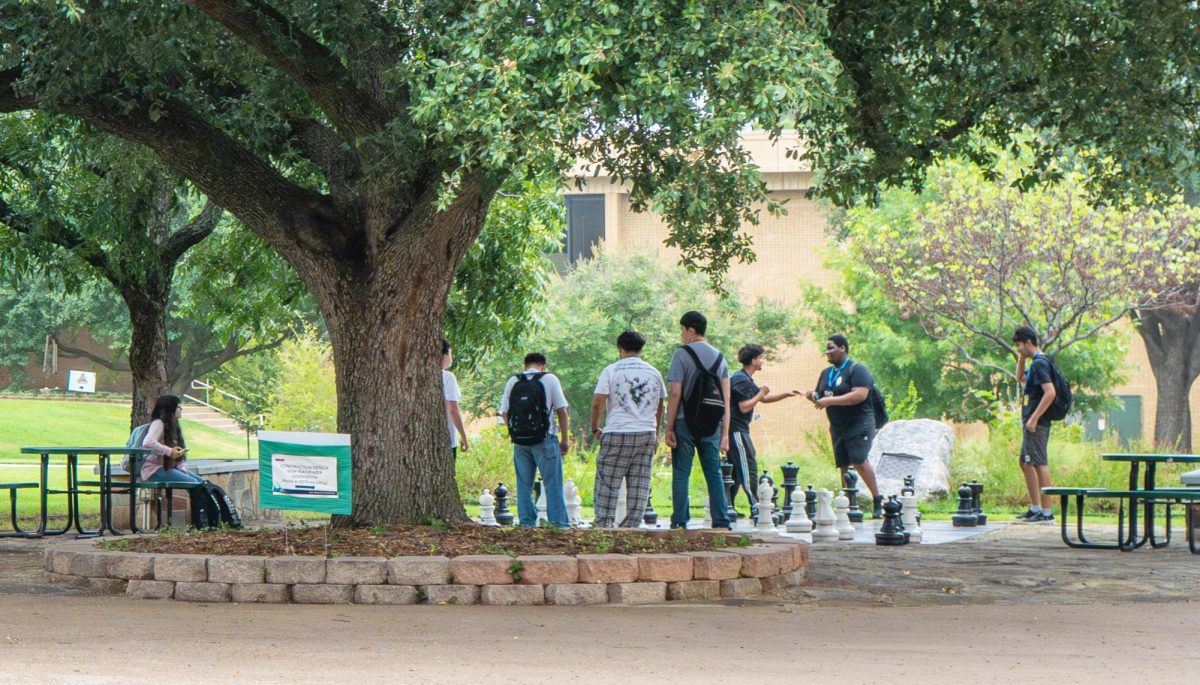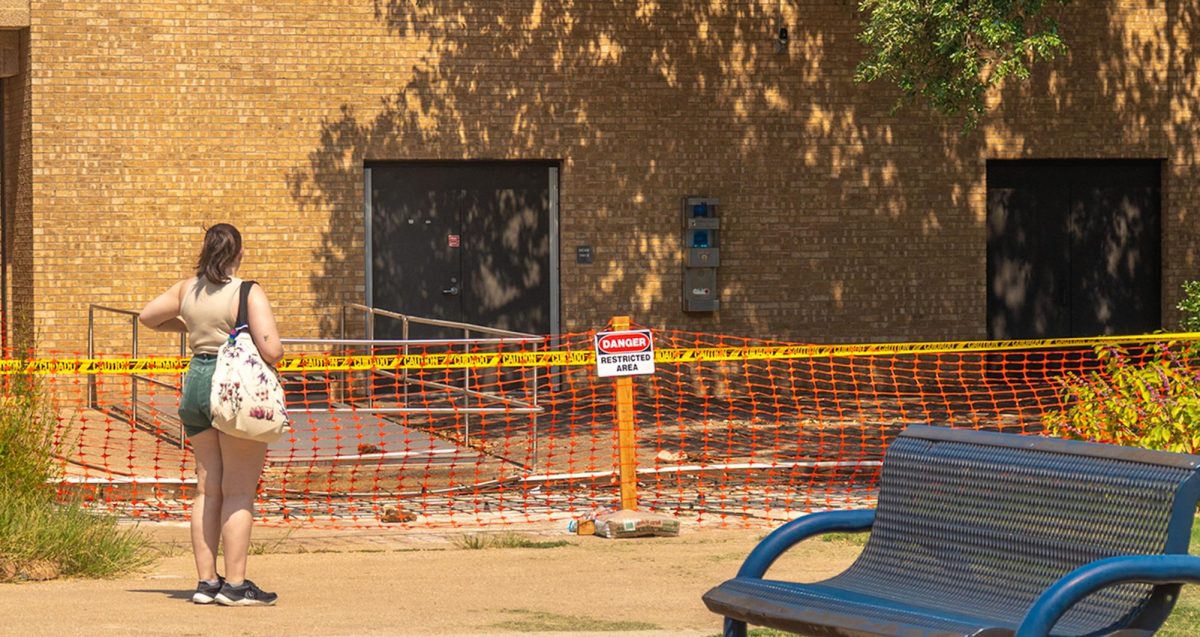By Monica Brigham/reporter
Millennials desperate to move past anxiety and stress are eager, some may even say obsessed, to join the trendy self-help movement. TCC has taken an educational stance on the self-help movement through a series of speeches on emotional intelligence.
“The total U.S. self-improvement market was worth $9.9 billion in 2016, constituting growth of just 4.3% since 2011,” based on statistics from marketresearch.com.
Self-help is a form of self-improvement using podcasts, meditation, books or motivational speeches to improve intellectually or emotionally.
Starting around 2015, self-help tools became popular as a way to stimulate users to reflect on experiences, problematic situations, goals or other aspects of their lives, according to the Innovations in Education and Teaching International journal.
“When you walk into the campus bookstore or a large bookstore like Barnes and Noble, self-help books are the first thing you see,” NE student Samantha Gonzalez said. “I too have fallen into the loop of buying self-help books, listening to podcasts or trying to have positive thinking.”
“New year, new me” takes on new meaning in 2019, shifting from simple goals of weight loss to creating a new mindset regarding mental health.
In the past semester alone, TCC has focused on the topic of emotional intelligence and communication providing insight through lectures and speeches across campuses.
Speech topics included everything from “Couples Communication,” “Mental Health-A Personal Story,” “Stress Less” and “Lean In for Students: How to Manage Your Inner Critic.”
“Going to speeches has helped me more than reading self-help books,” NE student Jessica Wright said. “It is almost like going to counseling but you are in a room full of people. Sometimes, I am too shy to ask questions, so listening to other people ask questions and hearing the answers from the speakers really helps me.”
Self-help books like “Girl, Wash Your Face” by blogger-turned-motivational speaker Rachel Hollis now dominates the market. Hollis unapologetically says how to move past feelings of unworthiness and discover the underlying passion inside.
“I’m not sure if self-help motivation is a fad. People are always looking for motivation,” NE student Meesha Robinson said. “Be the mentor you want to see in the world, someone may see you and be motivated enough to help themselves.”

